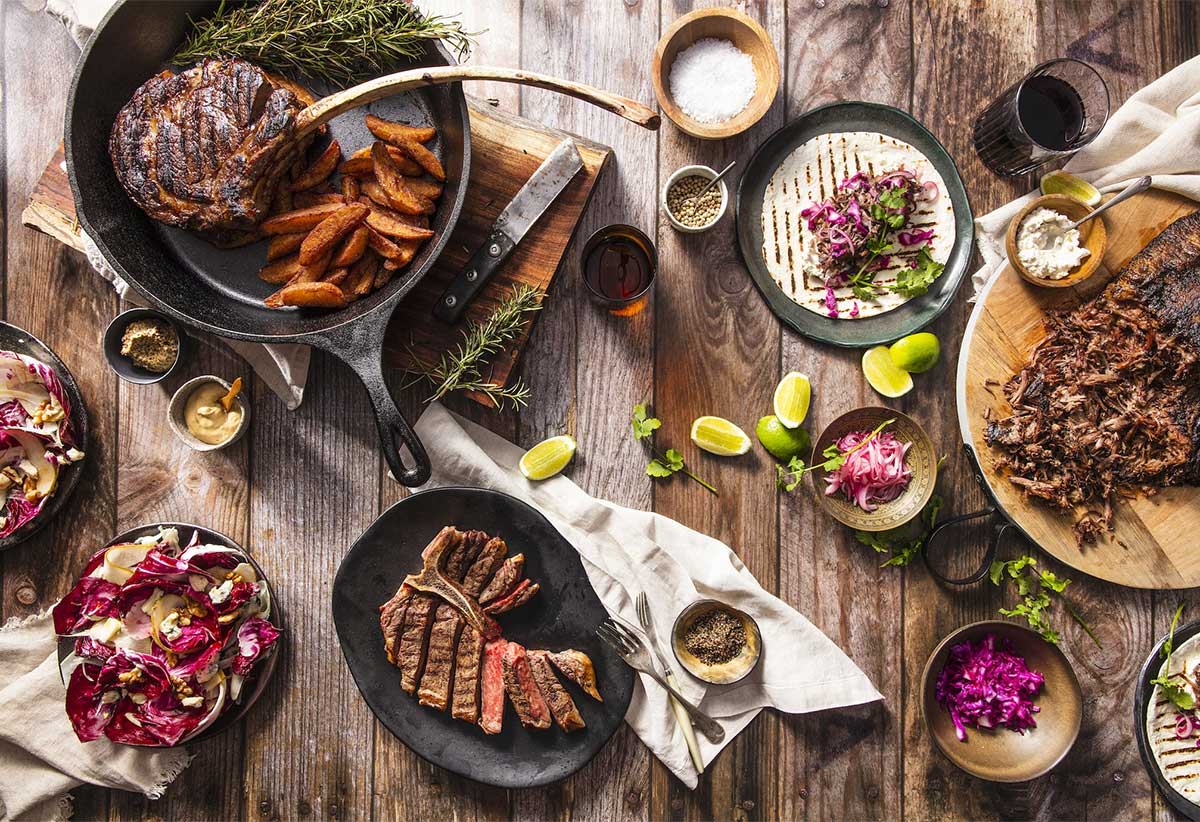
During the festive season, people usually purchase and consume more food than usual. The best way to ensure that food is safe for consumption is by handling, preparing and storing in a way that will prevent food borne illness. Consequently, The Ministry of Health Wellness and Elderly Affairs would like to take the opportunity to remind the public of the following food safety tips:
• Examine all foods carefully prior to purchase, check for damages and expiration dates.
• Do not purchase canned foods that are unlabeled, dented, leaking, bulging, or rusted.
• Keep food out of the “danger zone.” Germs can grow rapidly in the danger zone between 40°F (4oC) and 140°F (60oC). After food is prepared, keep hot foods hot and cold foods cold. These foods must not be stored at atmospheric temperature.
• When reheating food ensure that it is steaming hot all the way through, at least 165oF or 75oC, or bring to a rolling boil.
• When large portions of foods are cooked in advance, divide into smaller portions or in shallow containers, then cover and place in the fridge or freezer. Make sure there is good air circulation around the containers.
• When handling foods such as raw meat, chicken, other poultry products, and seafood, ensure that it is separated from cooked or ready to eat foods such as bread, fruits and vegetables.
• Use separate cutting boards and utensils for raw meats and ready to eat foods.
• Use separate utensils for serving different dishes especially when serving foods with a potential to cause allergic reactions.
• Before preparing foods and between handling raw meat or raw chicken, wash hands thoroughly with soap and water and dry thoroughly.
• When purchasing local meat products from butchers look for the INSPECTED & PASSED stamp which indicates that the meat has been inspected for wholesomeness by officers of the Environmental Health Division.
The Department of Environmental Health would like to encourage persons to follow these food safety measures as you look forward to having an enjoyable season.





![Attendees at the UHC logo and website launch [Photo credit: GOSL]](https://thevoiceslu.com/wp-content/uploads/2026/02/Attendees-at-the-UHC-logo-and-website-launch-380x250.jpg)






![Remnants of an alleged drug boat blown up in a lethal strike by the U.S. military last week surfaced off Canouan on Saturday [Photo credit : St Vincent Times]](https://thevoiceslu.com/wp-content/uploads/2026/02/Remnants-of-an-alleged-drug-boat-blown-up-380x250.jpg)
